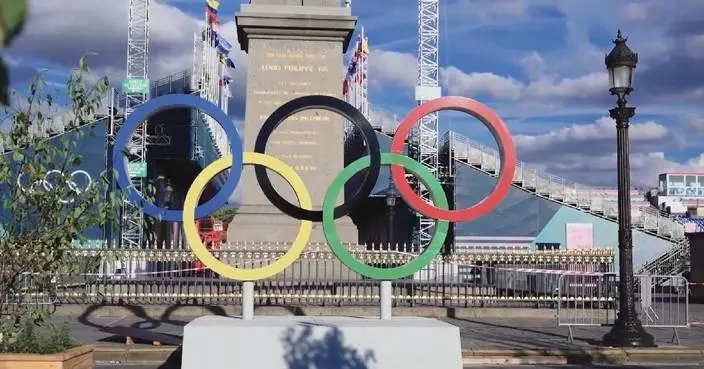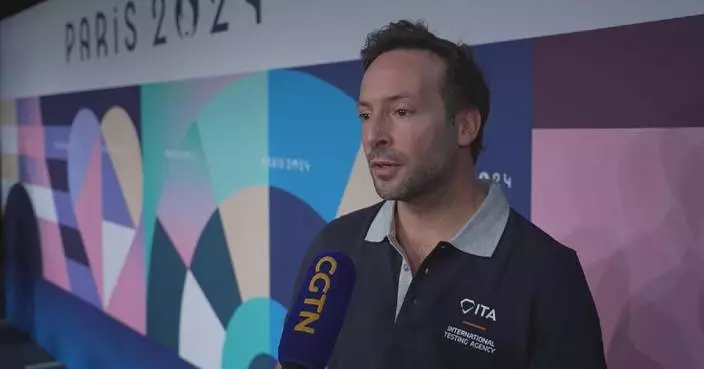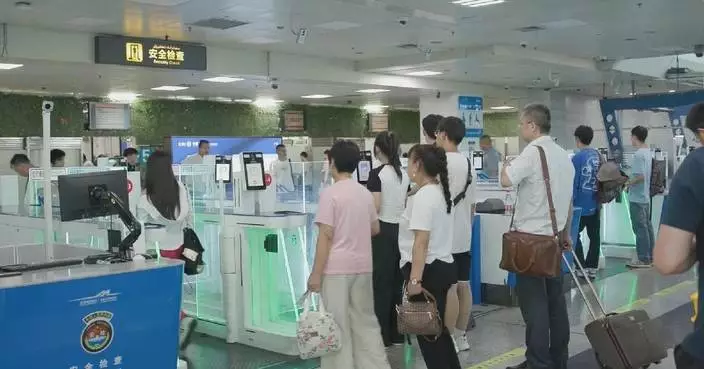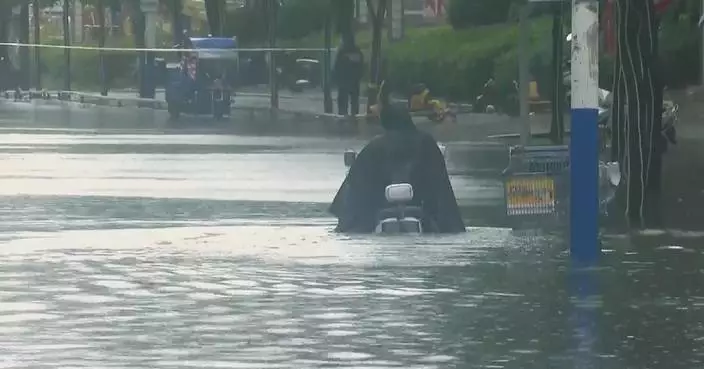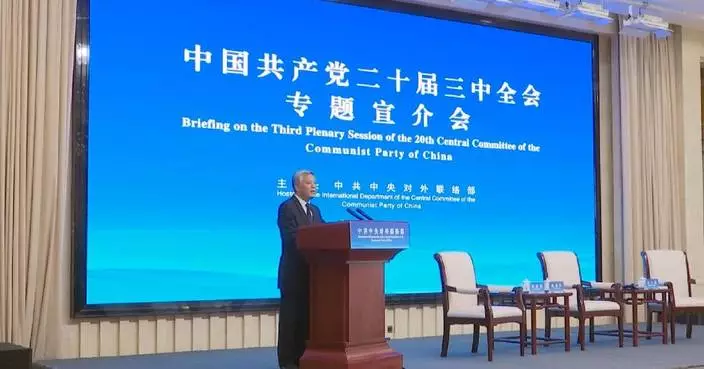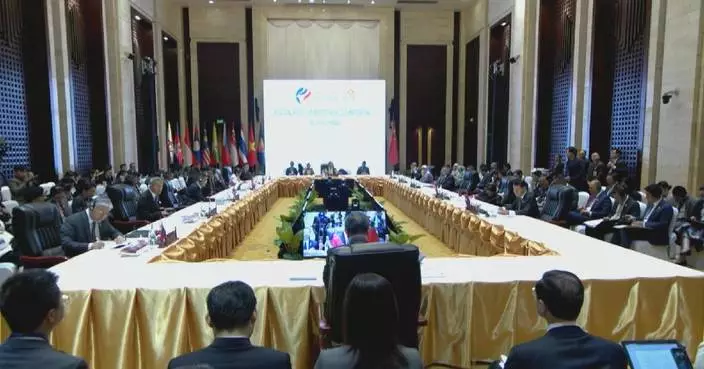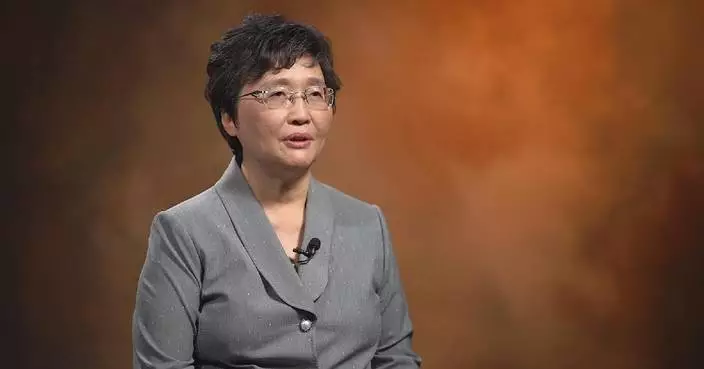Representatives of navies from across the globe are holding discussions on the Code for Unplanned Encounters at Sea (CUES), a key agenda at the ongoing 19th Western Pacific Naval Symposium (WPNS), which is underway in China's eastern port city of Qingdao in Shandong Province.
The 19th biennial meeting opened on Sunday and is themed "Seas of Shared Future." The four-day event has over 180 navy representatives from 29 countries, including Australia, Cambodia, Chile, France, and India.
Delegates to the meeting will review activities taking place under the symposium's framework since its 18th biennial meeting. They will set the future agenda, discuss, and vote on issues such as the WPNS Business Charter, the CUES, and the unmanned system.
The CUES was signed by 21 nations back in 2014 during the 14th Western Pacific Naval Symposium. As a non-legally binding document, it constitutes a set of ground rules on how to de-escalate an unplanned encounter between naval vessels of different nations.
CUES remains a focal point of this year's symposium, where the participants will deliberate and vote for the adoption of the version 3.0 of the code.
"Items on the subject matters of CUES are very relevant and very important. I think it's important that in the WPNS these important issues are discussed. Sometimes, things take a little time. Having said that, I think we should be optimistic," said Mohammad Nazmul Hassan, chief of naval staff at Bangladesh Navy.
"Generally, there is a consensus that there should be a code of conduct for all the nations, so that movement on seas can be controlled in an effective manner," said Ashar Niazi, naval attache of Pakistan in China.
"So, with all things as technology evolves, as we start to see things like [tech] systems, as we go through the application of it, we realize that there is always things that can be improved to make sure that the language is clear, to make sure that the application continues to meet the intent," said Angus Topshee, commander in the Royal Canadian Navy.
During the opening of the symposium, China -- the host country -- said that since oceans connect the whole world, any action and discussion concerning them such as CUES should be done with peace and mutual benefits in mind.
"Being enthusiastic about forming cliques, especially on conducting encirclement maneuvers and the blockade of island chains in the sea, will only plunge the world into turmoil. We always believe that mutual respect, peaceful co-existence and win-win cooperation are the right paths for the world," said Zhang Youxia, vice chairman of China's Central Military Commission.

Naval delegates gather in Qingdao to discuss Code for Unplanned Encounters at Sea



